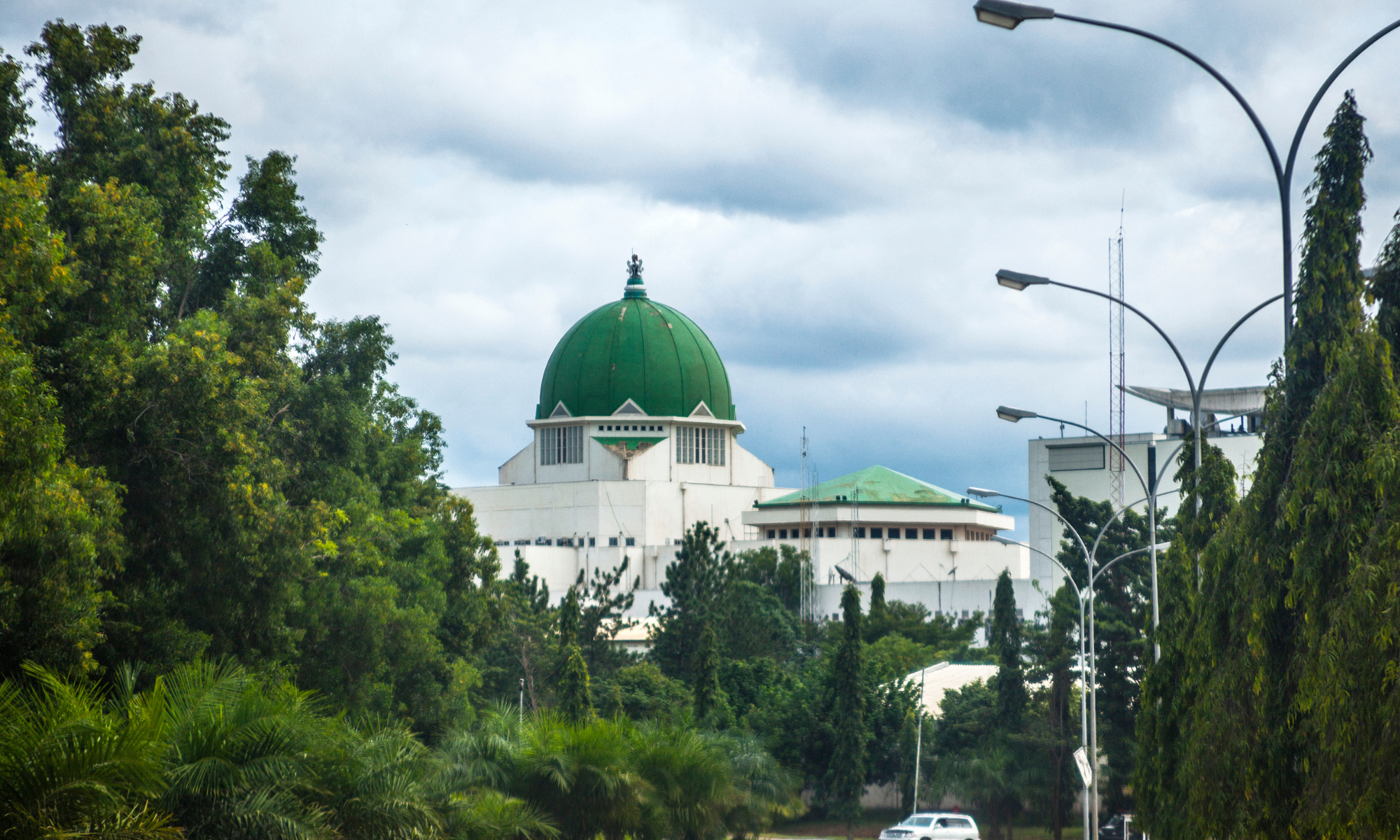Midterm assessment: evaluating President Tinubu's first two years in office
Omotayo Dada, Master of Public Policy student, reflects on the key economic reforms in Nigeria under President Bola Ahmed Tinubu – examining whether his policies are laying foundations for long-term change or deepening public disillusionment.

President Tinubu was announced as the winner of Nigeria’s 2023 election and sworn into office on 29th May 2023. Allegations of fraud and other anomalies with the election were dismissed by the Supreme Court in September of that year. Two years into the administration, several policies and reforms have been introduced by the administration with broad and structural impact.
The most famous phrase that was attributed to President Tinubu during his campaign was ‘emi lokan’ – an expression in Yoruba language that translates to ‘it is my turn’. Seeking the presidency simply because you believe it's ‘your time’ isn't a compelling campaign message. Beyond the worrisome phrase, President Tinubu had several campaign promises: to modernise and expand public infrastructure, embolden and support young people and women by harnessing emerging sectors, make basic healthcare, education and housing accessible and affordable for all, and deliver affordable electricity.
Fuel subsidy reform and its fallout
On his first day in office, President Tinubu announced that ‘subsidy is gone’, stating that petroleum subsidy payments were no longer sustainable, and the money would instead be spent on public infrastructure to improve the lives of Nigerians. Economists and several multilateral organisations have for a long time stated that the subsidy provided by the Nigerian government was a heavy fiscal burden. In 2011, Net Federation Revenue was ₦5.2 trillion, while subsidy payments reached ₦1.73 trillion (33% of net revenue). In April 2022, the subsidy budget was ₦4 trillion. 16 years preceding that, Nigeria spent ₦13.7 trillion to finance fuel subsidy.
The removal had widespread consequences – increasing the cost of education, food, transportation and healthcare. There was also a threefold increase in electricity tariffs for some and the supply of electricity has not increased. Despite Nigeria being an oil-producing nation, poor resource management resulted in expensive petroleum products domestically. The country also suffers from inadequate electricity infrastructure, with over 90 million of its 230 million citizens lacking access to power. This made petrol essential for Nigerians' daily lives, for powering vehicles, homes and work equipment. The government promised to redirect savings from subsidy removal toward supporting the country's most vulnerable populations and investing in infrastructure.
Subsidy-related corruption has also been well documented. A 2015 parliamentary investigation found that ₦1.067 trillion ($6.8 billion) was misappropriated as subsidy payment. The Chairman of the committee (a lawmaker) was accused of demanding a $3 million bribe from a billionaire businessman whose companies were implicated. The lawmaker was later sentenced to 5 years in prison after his conviction. However, the investigation only addressed corruption among oil marketers – not across the entire subsidy regime.
Economic realignment and public trust
Another major reform was the unification of Nigeria’s multiple exchange rates in 2023. The existence of different foreign exchange rates created significant economic distortions and inefficiencies that undermined the country's financial stability and growth prospects. It facilitated actors to exploit rate gaps for profit and led to rent-seeking behaviour. Foreign exchange scarcity at official rates forced many legitimate businesses to resort to the black market, increasing the cost of imports and fuelling inflation. This unification is expected to attract foreign investment by removing uncertainty. The government has since managed to pay off its $3.4 billion debt to the IMF , while national debit remains around $46 billion.
Several cabinet members have implemented programmes to deliver on campaign promises. The Ministry of Digital Economy, for instance, has implemented initiatives to equip young Nigerians with in-demand tech skills. While there is yet to be a full evaluation of the programmes, the telecommunications sector has witnessed significant capital inflows, with a further $3 billion investment expected by June 2025. Yet, data cost hikes have compounded the struggles of Nigerians.
Unlike his tenure as the governor of Lagos (1999 - 2007), Tinubu’s presidential administration has prioritised policies and reforms targeted towards long term sustainable solutions with less focus on quick wins. Even with such reforms, effective welfare programmes are needed to cushion the effects of the changes on the worse off.
In a country where trust in government remains low, it is crucial for President Tinubu to be both a commander in chief of the armed forces and a communicator in chief. A high level of transparency in the government and clear communication of policies can help build trust over time. Prudent fiscal behaviour from lawmakers and cabinet members would also serve as a crucial signal to Nigerians, demonstrating that their leaders understand the gravity of the current economic crisis and are committed to responsible governance. However, the first two years of President Tinubu's administration have been marked by several instances of questionable spending priorities that have undermined public confidence.
Tinubu’s drive to expand the tax base is laudable but risks public resistance if not accompanied by visible improvements in service delivery. Some investments have been made in education and infrastructure, but further investment is necessary – macroeconomic reforms alone won’t deliver meaningful recovery.
It remains to be seen whether these ‘long-term solutions’ will yield sufficient tangible benefits to secure President Tinubu's re-election in 2027. He appears likely to seek re-election, but the coming years will determine whether Nigerians positively feel the impact of his administration’s choices.

